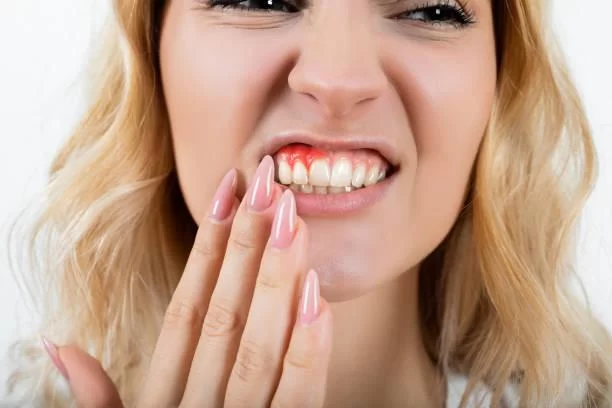
Understanding Swollen Gums: What Causes Them?
Swollen gums can be both uncomfortable and concerning, especially when they cause pain, tenderness, or bleeding. Many factors can contribute to gum swelling, and it's essential to understand the underlying causes to address it properly. Swollen gums often signal an issue that requires attention, ranging from minor irritation to more serious conditions that could impact your oral health.
Common Causes of Swollen Gums
There are various reasons why your gums might become swollen. Some of the most common causes include:
- Poor Oral Hygiene: One of the primary causes of gum swelling is inadequate brushing and flossing, which allows plaque and tartar to build up on your teeth and gums. This buildup irritates the gums and can lead to gingivitis, a mild form of gum disease.
- Gingivitis: Gingivitis is an early stage of gum disease caused by plaque buildup. It leads to red, swollen gums that bleed when brushed. This condition is reversible with proper oral care.
- Periodontitis: If gingivitis is left untreated, it can progress to periodontitis, a more severe gum infection that can cause significant swelling, bleeding, and even tooth loss.
- Infections: Bacterial infections, such as abscesses, can cause your gums to become swollen and painful. These infections often require professional treatment from a dentist.
- Hormonal Changes: Hormonal changes during pregnancy, menstruation, or menopause can lead to swollen gums. The increase in hormones can make your gums more sensitive and prone to swelling.
- Medications: Certain medications, including some antihypertensives and anticonvulsants, can cause gum enlargement or swelling as a side effect.
- Teething: For infants and toddlers, teething can lead to swollen gums as new teeth break through the gums.
How to Relieve Swollen Gums at Home
If you're experiencing swollen gums, there are several home remedies and lifestyle changes you can try to reduce the swelling and discomfort. These methods are effective for mild cases of gum inflammation but are not a substitute for professional dental care if the problem persists.
1. Practice Good Oral Hygiene
The most important step in relieving swollen gums is ensuring that your oral hygiene routine is thorough and consistent. Brush your teeth at least twice a day with a fluoride toothpaste, and be sure to floss daily to remove food particles and plaque from between your teeth. This will help prevent bacteria from causing further irritation and inflammation of the gums.
2. Rinse With Saltwater
Saltwater rinses are a simple and effective way to reduce gum swelling and relieve pain. Salt has natural antiseptic properties that can help kill bacteria and reduce inflammation. To make a saltwater rinse, dissolve half a teaspoon of salt in a glass of warm water, then swish it around your mouth for about 30 seconds. Repeat this several times a day, especially after meals.
3. Apply a Cold Compress
If your gums are swollen and painful, applying a cold compress can help reduce the inflammation and numb the area temporarily. Wrap some ice cubes in a clean cloth or use a commercial cold pack, and apply it to the affected area for 10 to 15 minutes. This can provide quick relief, especially if your gums are swollen due to an injury or trauma.
4. Use Over-the-Counter Pain Relievers
If the swelling is causing discomfort or pain, over-the-counter pain relievers such as ibuprofen or acetaminophen can help reduce inflammation and ease the pain. However, it’s important to follow the recommended dosage and consult with a healthcare professional if you have any concerns about using these medications.
5. Avoid Irritating Foods
While your gums are swollen, try to avoid spicy, acidic, or hard foods that could further irritate the area. Soft, cool foods like yogurt, mashed potatoes, or smoothies can help prevent discomfort while allowing your gums time to heal.
6. Hydrate Well
Drinking plenty of water is essential for maintaining oral health and reducing gum swelling. Water helps to flush out bacteria and food particles from the mouth, preventing plaque buildup. Staying hydrated also promotes saliva production, which naturally helps cleanse the mouth and protect your gums.
When to See a Dentist for Swollen Gums
While home remedies can help with minor gum swelling, it’s important to see a dentist if the swelling persists or worsens. You should seek professional dental care if:
- The swelling lasts more than a few days or is accompanied by severe pain.
- You notice that your gums are bleeding regularly, even when brushing or flossing gently.
- You have a fever or notice pus around the swollen gum area, which could indicate an infection.
- The swelling is accompanied by loose teeth, which could indicate gum disease.
Dental Treatments for Swollen Gums
If your dentist determines that you have a more serious condition, such as gingivitis or periodontitis, they may recommend treatments like a professional cleaning to remove plaque and tartar buildup. In more severe cases, scaling and root planing, a deep cleaning procedure, may be required to treat gum disease. Antibiotics may also be prescribed if an infection is present.
Story of Emily and Her Journey to Heal Her Swollen Gums
Emily, a 32-year-old woman, had been dealing with swollen gums for a few weeks. At first, she thought it was just a minor irritation from her recent dental work. However, as the swelling worsened, she noticed that her gums started bleeding whenever she brushed her teeth. Worried, Emily decided to consult with her dentist, who diagnosed her with gingivitis. Thanks to the early intervention and a few simple lifestyle changes, such as brushing more carefully, using mouthwash, and reducing her sugar intake, Emily was able to restore her gum health and prevent further damage.
Emily’s story is a reminder of the importance of taking care of our gums and seeking professional care when necessary. Swollen gums are often a sign that something needs attention, and taking steps to address the issue early can prevent more severe problems down the line.

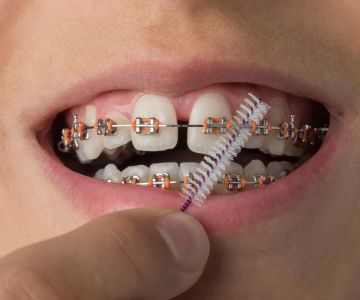
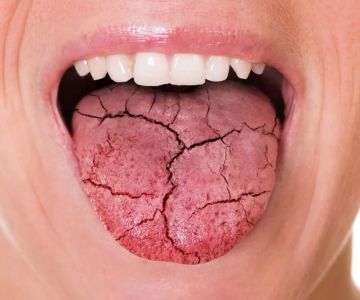
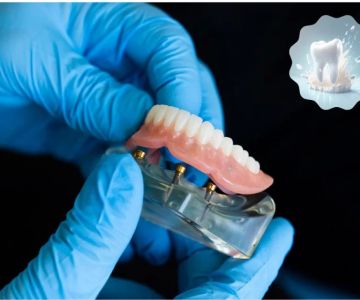
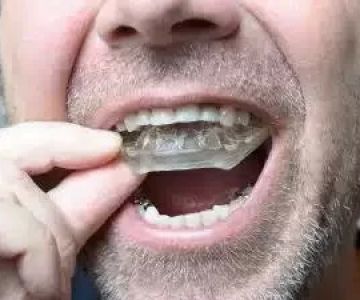
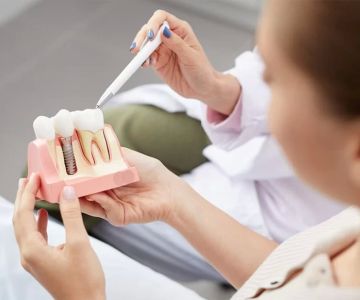

 Westgate Dental Arts
Westgate Dental Arts Coventry Family Dental
Coventry Family Dental Familia Dental
Familia Dental Dr. Daniel S. Fife, DDS
Dr. Daniel S. Fife, DDS Dentistry At Suburban Square: Michael I. Wollock, DMD
Dentistry At Suburban Square: Michael I. Wollock, DMD Comfort Care Dental
Comfort Care Dental The Importance of Oral Health Education During Pregnancy for a Healthy Pregnancy
The Importance of Oral Health Education During Pregnancy for a Healthy Pregnancy Why Skipping Dental Checkups Can Lead to Bigger Oral Health Problems
Why Skipping Dental Checkups Can Lead to Bigger Oral Health Problems Advantages of Porcelain Dental Restorations
Advantages of Porcelain Dental Restorations Best Tips for Brushing Your Teeth Properly for Healthy Gums: Essential Techniques for Oral Health
Best Tips for Brushing Your Teeth Properly for Healthy Gums: Essential Techniques for Oral Health How Can Diabetes Cause Tooth and Gum Problems? Preventing and Managing Oral Health Issues
How Can Diabetes Cause Tooth and Gum Problems? Preventing and Managing Oral Health Issues Healthy Habits for Promoting Good Oral Health and Hygiene: Tips for a Healthy Smile
Healthy Habits for Promoting Good Oral Health and Hygiene: Tips for a Healthy Smile